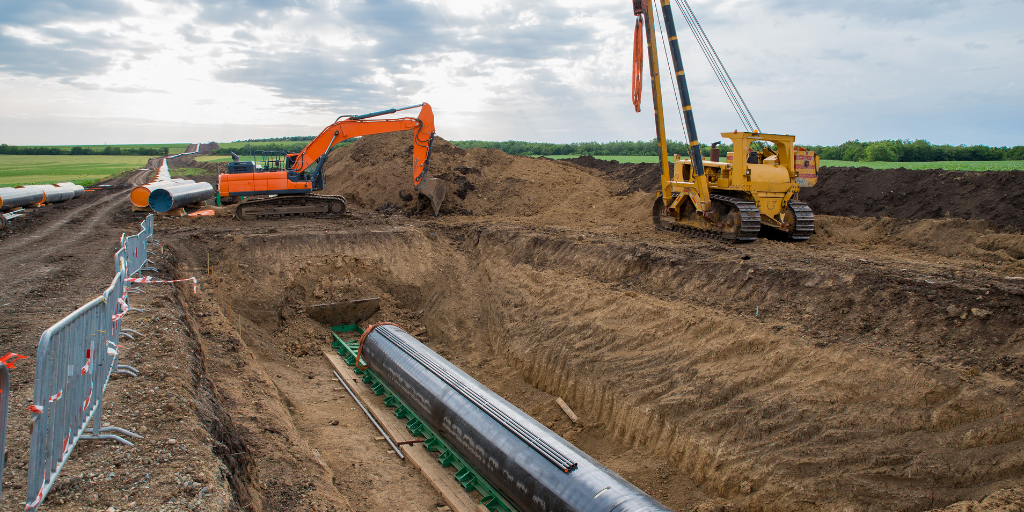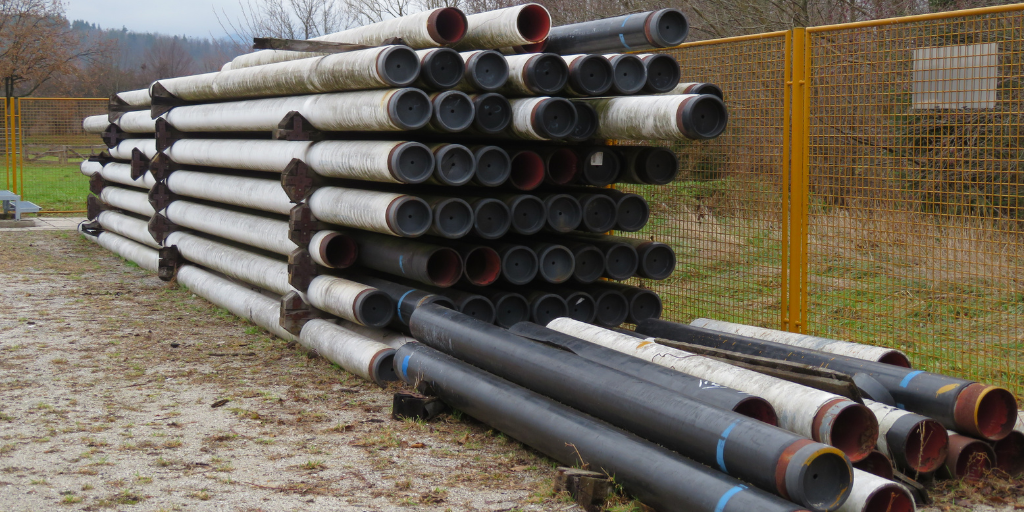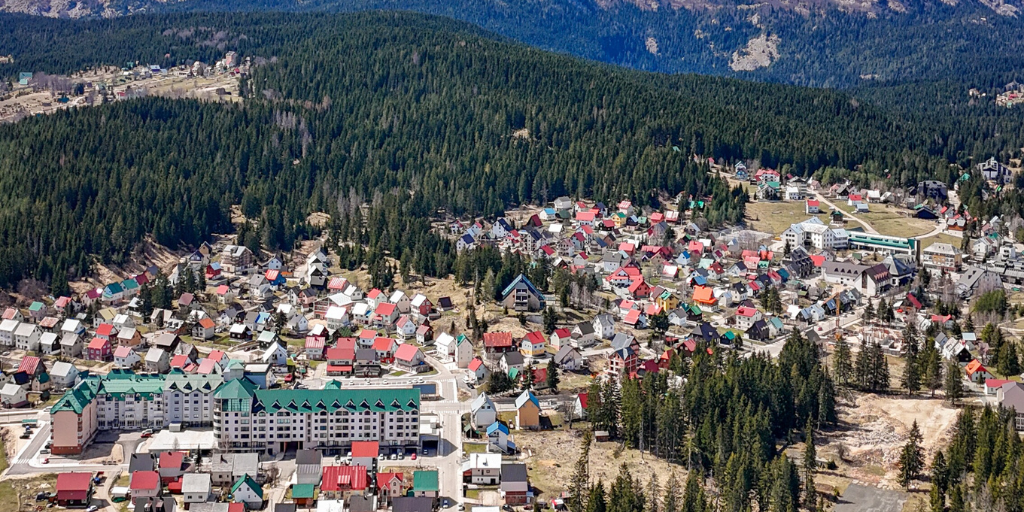Ukrainian civil society is both the main beneficiary and the driving force behind Ukraine’s reconstruction. The Ukraine Facility Regulation invites socio-economic partners and civil society representatives to submit ‘opinions’ to the European Commission on implementation of the Ukraine Plan. However, its influence remains limited.
Geothermal energy is becoming an increasingly popular way to heat homes and buildings across Europe. Efficient use of this renewable energy source not only significantly lowers heating costs compared to gas-based systems, but also reduces greenhouse gas emissions and improves urban air quality.
Following multiple allegations of human rights violations by Indorama Agro on a controversial cotton project funded by public development banks, the European Bank for Reconstruction and Development (EBRD)’s Independent Project Accountability Mechanism (IPAM) has finally launched an investigation to determine whether the project adheres to the EBRD’s environmental and social standards.
Fossil gas makes up less than three per cent of total energy supply in Bosnia and Herzegovina (BiH), but instead of making use of the opportunity to leapfrog straight from coal to renewables, the Federation of BiH (FBiH) government is inexplicably expanding its gasification ambitions.
The long-running controversy about the planned southern gas interconnector between Croatia and Bosnia and Herzegovina (BiH) has dramatically reignited this month. After fervent lobbying by the US Ambassador to BiH, a special law on the project was adopted by the first of two houses of the Federation of BiH entity parliament on 12 December. But political controversies have monopolized the debate, with hardly a word on its energy, economic or climate implications.
Heating the heights: Žabljak’s bold move towards sustainable warmth
December 11, 2024 | Read more
Perched 1,456 metres above sea level in the Durmitor National Park in Montenegro, Žabljak, the highest urban settlement in the Western Balkans, is looking for new heating solutions. A 2020 pre-feasibility suggested biomass, but determined to avoid air pollution and deforestation, the local authorities set out to find a better way forward.






